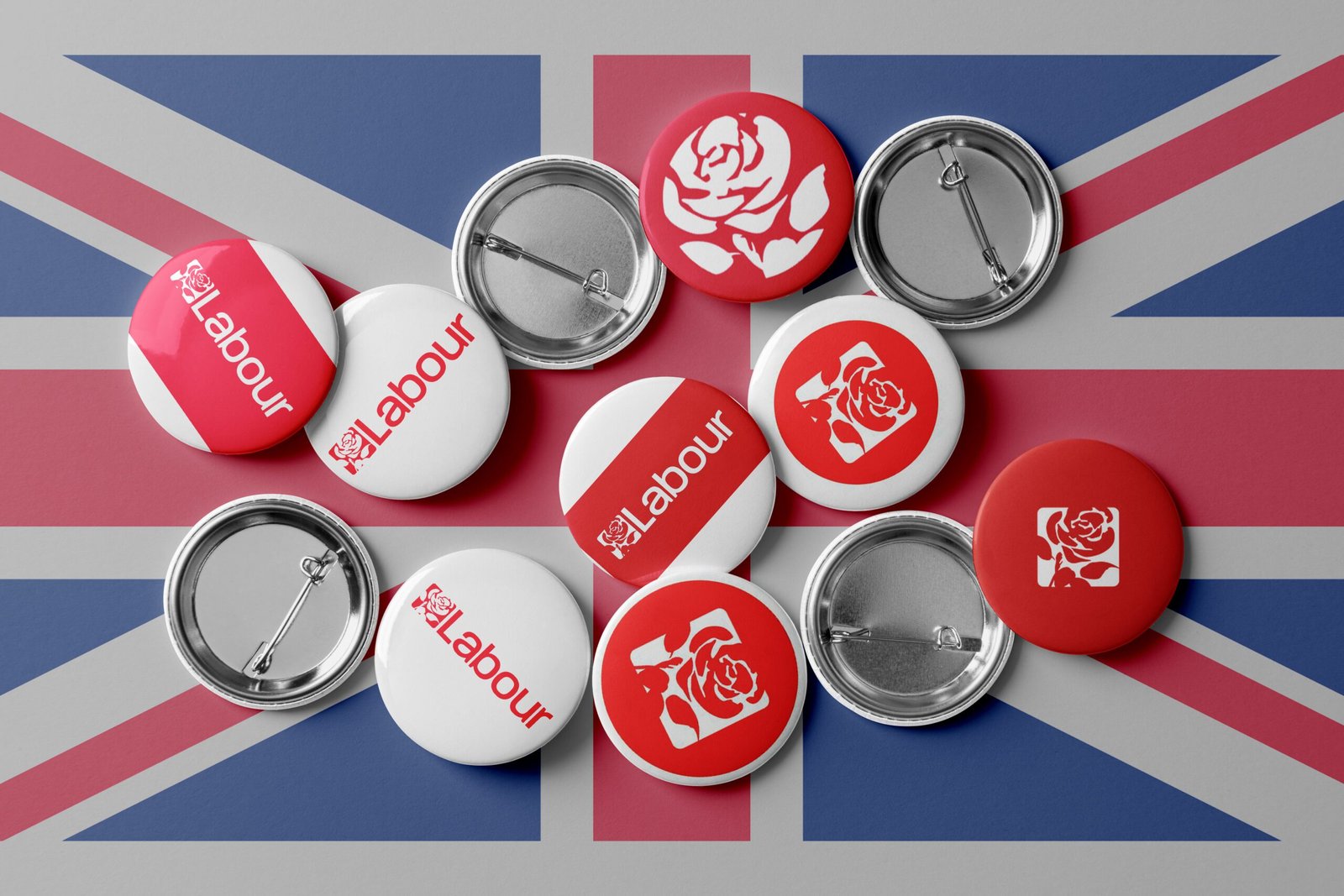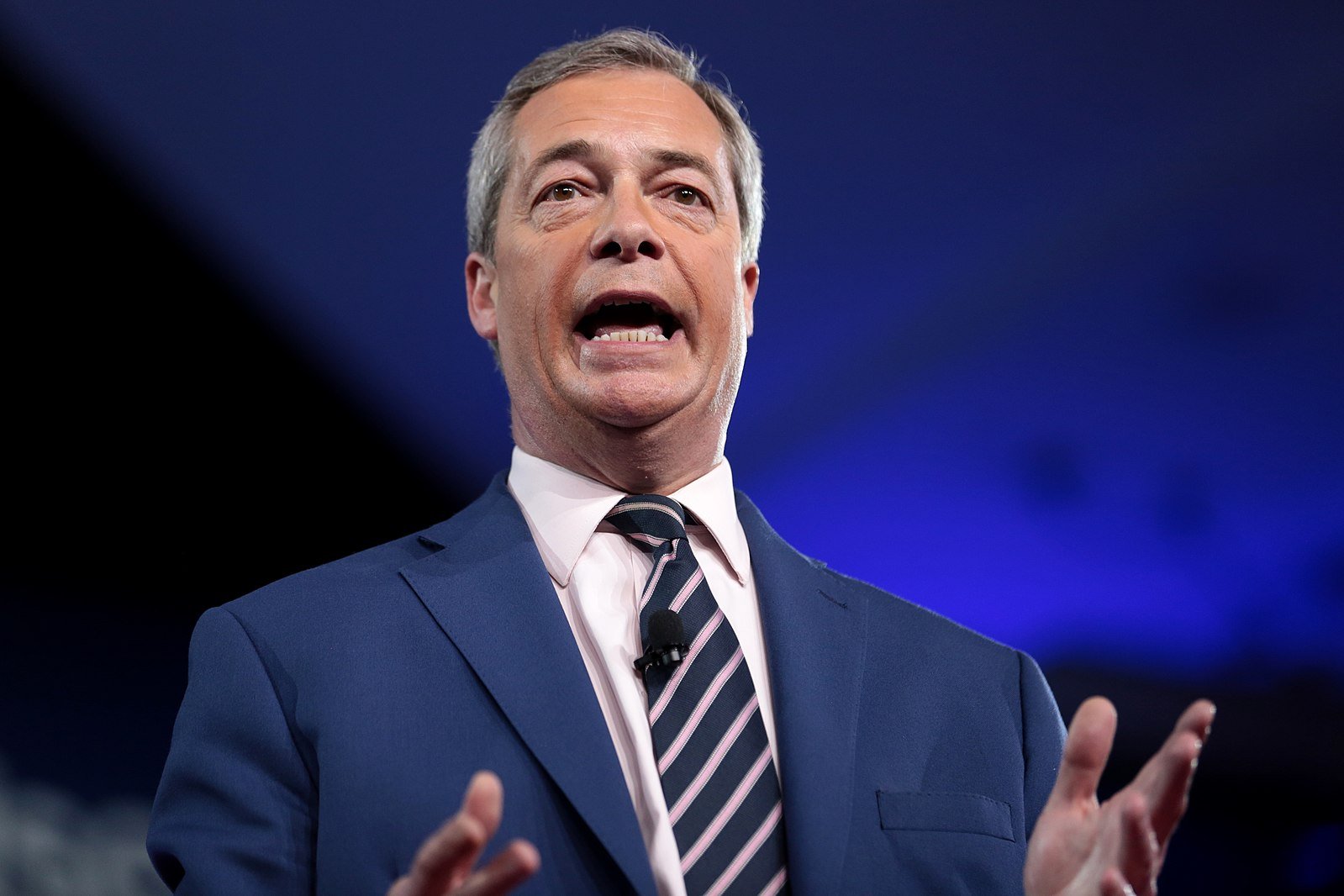
Farage’s bold crypto vision could redefine the UK’s post-Brexit economic strategy
London, 31 May 2025 — In a bold move to position the United Kingdom at the forefront of the digital finance revolution, Reform UK leader Nigel Farage has announced a comprehensive plan to integrate cryptocurrency into the nation’s financial infrastructure. Speaking at the Bitcoin 2025 conference in Las Vegas, Farage detailed proposals that include tax reforms, the establishment of a national Bitcoin reserve, and protections for crypto users against banking discrimination.
Central to Farage’s proposal is the introduction of the “Cryptocurrency and Digital Finance Bill,” which aims to reduce capital gains tax on crypto assets from the current 24% to 10%. This significant tax cut is designed to attract crypto investors and businesses to the UK, fostering innovation and economic growth in the sector.

In a move echoing recent developments in the United States, Farage also announced plans to create a national Bitcoin reserve within the Bank of England. This reserve would serve as a strategic asset, reflecting a growing recognition of cryptocurrency’s role in the global financial landscape.
Addressing concerns over the treatment of crypto users by traditional financial institutions, Farage pledged to introduce legislation preventing banks from closing accounts solely based on legal crypto transactions. This initiative stems from his personal experience in 2023 when his account with NatWest’s Coutts division was closed, a move he attributed to his political views and involvement in cryptocurrency. The Times
Reform UK has also become the first British political party to accept donations in cryptocurrencies, including Bitcoin. This step is part of a broader strategy to engage younger voters and position the party as forward-thinking in embracing emerging technologies.
The party’s crypto-friendly stance comes amid a surge in cryptocurrency adoption in the UK. A recent report by Gemini indicates that 24% of UK adults now own some form of cryptocurrency, up from 18% the previous year, marking the fastest growth among surveyed countries.
While Farage’s proposals have garnered support from crypto enthusiasts, they have also raised concerns among financial experts and regulators. Critics caution that reducing capital gains tax on volatile assets like cryptocurrencies could encourage speculative investments and pose risks to financial stability. By lowering the barrier for entry and offering potentially large tax breaks, the fear is that more retail investors could be drawn into a market that is famously unpredictable and prone to dramatic swings. Some warn that such a policy could fuel a bubble, where individuals are lured by the promise of quick profits but left vulnerable when prices inevitably crash.
Additionally, the establishment of a national Bitcoin reserve is unprecedented and may have significant implications for monetary policy and the Bank of England’s independence. Economists have questioned how such a move would fit within the Bank’s current mandate, given that Bitcoin’s value is driven by market sentiment rather than economic fundamentals. Some fear it could tie the UK’s financial stability to the unpredictable fortunes of a speculative asset, undermining the Bank’s credibility and its ability to manage inflation and currency stability. Others argue that holding a volatile asset like Bitcoin as part of the national reserves could expose taxpayers to unnecessary risk, particularly during times of market downturn. Farage’s vision, while bold, leaves many questions unanswered—chief among them: can the UK truly afford to gamble its economic future on the crypto boom?
Despite these concerns, Farage remains steadfast in his vision, asserting that embracing cryptocurrency is essential for the UK’s economic future. “We must not be left behind in the digital revolution,” he stated, emphasising the need for the UK to become a global hub for crypto innovation.
As the UK navigates its post-Brexit economic identity, Farage’s proposals inject a new dimension into the national conversation on financial policy and innovation. The country is still adjusting to its newfound independence outside the European Union, grappling with the challenges and opportunities that come with forging its own path. In this context, Farage’s bold vision for embracing cryptocurrency reflects a wider desire among some political figures to position the UK as a global leader in emerging technologies—an innovation hub that can attract investment, talent, and forward-thinking businesses.
Yet whether these ambitious plans will come to fruition remains to be seen. Implementing sweeping reforms to tax policy, establishing a national Bitcoin reserve, and safeguarding crypto users’ rights would require careful legislative work, cross-party cooperation, and robust consultation with regulators. Critics warn that Farage’s announcements may amount to little more than headline-grabbing soundbites, lacking the detail and regulatory framework needed to make them a reality. Still, they undeniably signal a significant shift in the political discourse surrounding cryptocurrency in the UK. For better or worse, crypto is now firmly on the agenda—no longer a fringe issue, but a mainstream topic of political debate. How the government, regulators, and the public respond in the months ahead could shape the UK’s financial future for decades to come..




